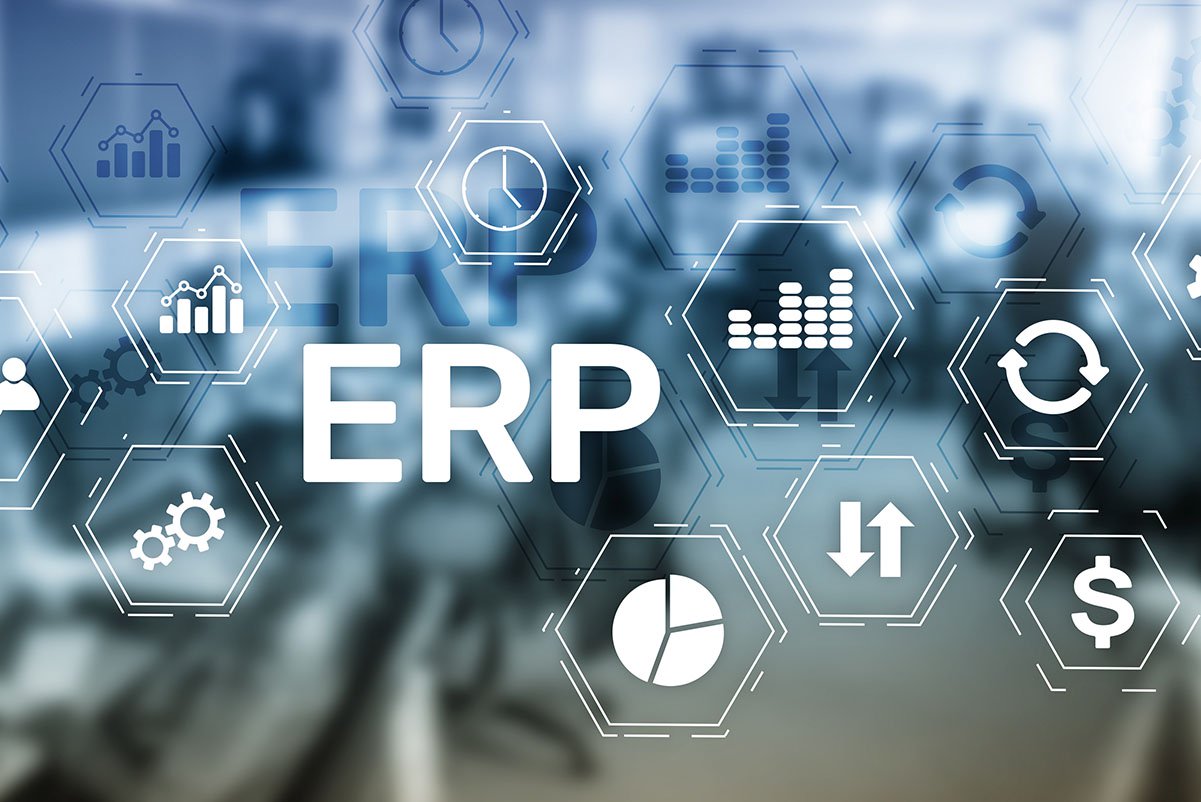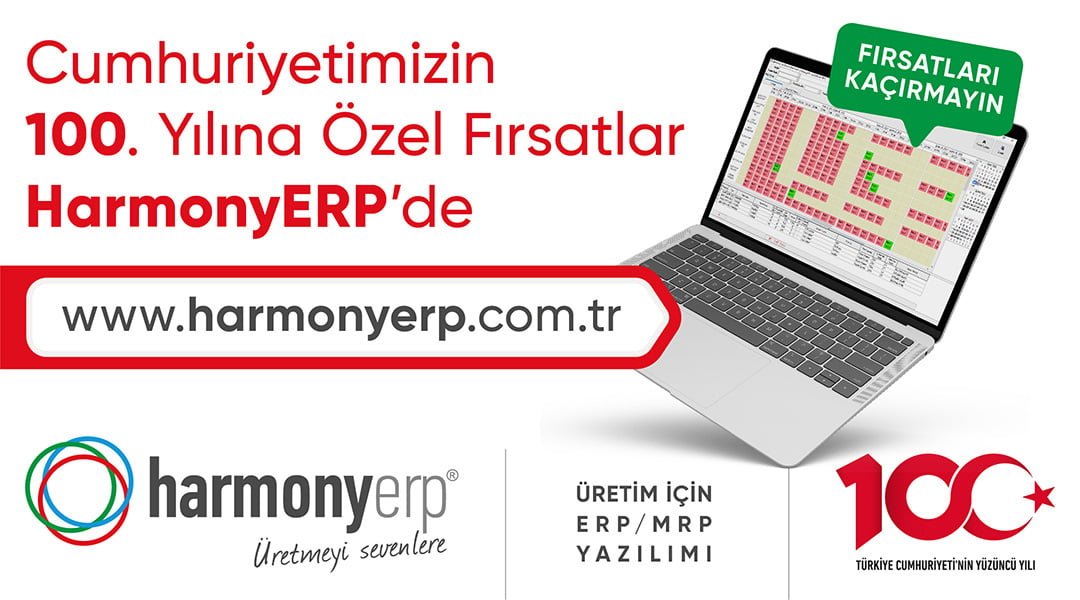In which business areas are ERP systems used?

ERP (Enterprise Resource Planning) systems are comprehensive software solutions that allow businesses to manage different functional areas in an integrated manner. These systems cover the core processes of the business, such as procurement and supply chain management, manufacturing and service operations, sales and marketing, customer relationship management (CRM), human resources (HR) management, finance and accounting. The main purpose of ERP systems is to facilitate the flow of information between different departments of the business, ensure data consistency and accelerate decision-making processes by efficiently managing business processes. In this way, businesses can use their resources more effectively, reduce costs and increase customer satisfaction.
The use of ERP systems is common in small, medium and large enterprises and has customizable features according to sectoral differences. For example, in the manufacturing sector, ERP systems support specialized functions such as production planning, inventory management, quality control and maintenance management, while in the retail sector they focus on functions such as point-of-sale operations, inventory management, customer loyalty programs and e-commerce integrations. In other sectors such as healthcare, education, construction and services, ERP systems are designed to meet the unique needs of businesses. This wide range of usage has made ERP systems an indispensable tool in today’s business world.
Financial Management
ERP (Enterprise Resource Planning) systems offer great value for businesses in terms of financial management. These systems allow finance and accounting departments to comprehensively manage their daily operations, financial reporting, budgeting and forecasting, cash flow management and asset management. ERP solutions ensure that all financial transactions are recorded in real time and kept in a centralized database, which increases the accuracy and transparency of financial data. In addition, these systems automate financial reporting and analysis processes, enabling managers and decision makers to make faster and more accurate decisions about financial condition and performance.
The financial management modules of ERP systems facilitate regulatory compliance and simplify complex financial operations such as tax calculations, revenue recognition, cost accounting and consolidation. Especially for companies operating internationally, the ability to manage various currencies and tax regulations is critical for businesses to effectively manage their global operations. ERP systems also support budgeting and financial planning processes, helping businesses allocate their financial resources more strategically and predict future financial performance. This integrated approach enables businesses to better manage financial risks, realize cost savings and improve their long-term financial health.
Supply Chain Management
ERP (Enterprise Resource Planning) systems have a critical role in supply chain management. These systems provide integration and efficiency at all stages of the supply chain, from the procurement of raw materials to the delivery of the final product to the customer. ERP’s supply chain modules cover processes such as purchase order creation, inventory management, order tracking, supplier management, logistics and distribution planning. This integrated approach helps businesses optimize inventory levels, monitor supplier performance and improve delivery processes. Thus, ERP systems enable supply chain processes to become more transparent, flexible and responsive, increasing customer satisfaction and enabling businesses to gain competitive advantage.
ERP systems offer advanced analytical and reporting tools for supply chain management. These tools provide businesses with in-depth insights into supply chain operations and support data-driven decision making. Using ERP systems, businesses can better analyze supply chain risks, make more accurate demand forecasts and reduce supply chain costs. For example, effective inventory management realized through ERP systems contributes to reducing the costs of holding excess stock and preventing out-of-stock situations. This is especially important for businesses that want to build resilience to volatile demand patterns and supply chain disruptions. ERP systems therefore act as a bridge between strategic planning and operational efficiency in supply chain management, enabling businesses to respond more quickly and effectively to market demands.
Project Management
ERP systems are an important tool to optimize project management processes and monitor project performance. Project management functions such as project planning, resource allocation, time management and cost control can be managed more effectively through ERP systems. This helps businesses manage their project processes more efficiently.
ERP systems are an essential tool for businesses to manage their complex operations and gain competitive advantage. ERP systems used in different areas such as financial management, supply chain management, human resources management, production management, sales and marketing, and project management provide great benefits to businesses. Therefore, it is important for businesses to invest in ERP systems to gain a competitive advantage and grow.

Previous Post
What is the History and Development of ERP?
Next Post
What is Cyber Security and Why is it Important?






